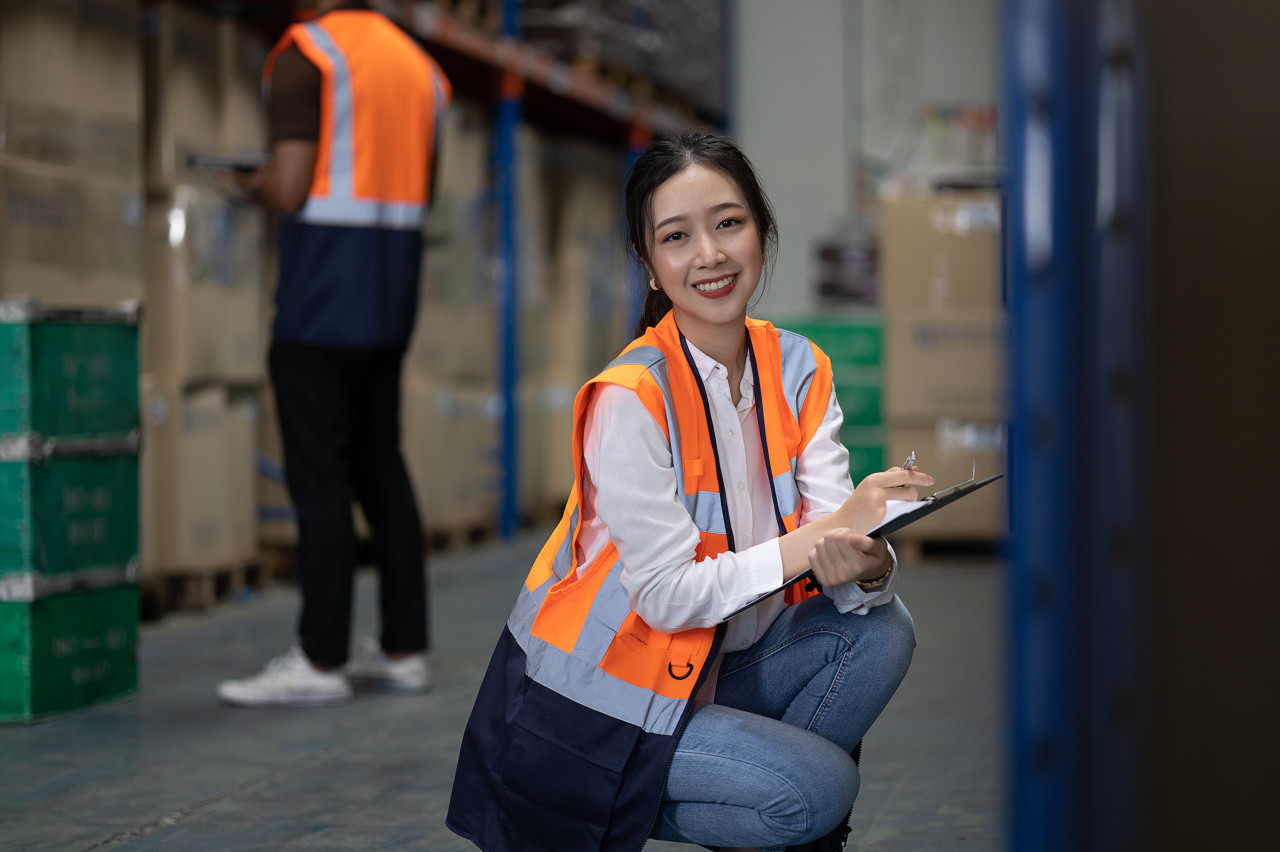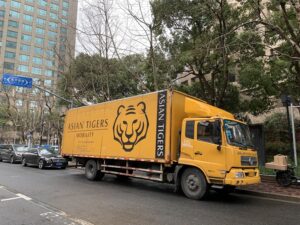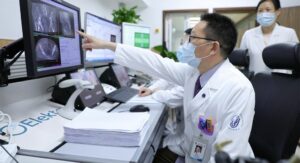All corporations worldwide, no matter if a large MNC or a small to medium size enterprise, strive for the lowest cost producer, fastest delivery time and best design technology. China, where manufacturing still accounts for 60 % of it’s GDP growth, has all the right ingredients for being amongst the lowest cost producers. Low cost labour, preferential tax rates for exporters and favourable economic policies still outweigh the additional transportation and logistic cost for many international companies. For retailers, sourcing in China has been on top of the list for several years. A large number of Chinese manufacturers of consumer and household products, toys, textiles, to name just a few items enable international companies to reduce their purchasing costs. In addition, the product range has expanded over the years to hi-tech products such as electronic components, and many international manufacturers have started to source semi-finished products for their production.
Sourcing in China is, however, not as straight forward as sourcing in many other countries. There are often problems in communication as language is a barrier. The sheer size of the country alone makes it difficult to know where to start. And the biggest fear of most companies is piracy and technology transfer.
How to Start Sourcing
For most companies, sourcing in China starts often through the internet or with visits to fairs in China. Visits to fairs will give access to a large variety of manufacturers, and the first contact is established easily. Many of the companies exhibiting at fairs though are Chinese Import / Export companies, displaying the products of the manufacturers they represent who often have no export licence.
Going through a Chinese Import / Export company might be necessary if the manufacturer does not have an Import / Export license, however it gives the disadvantage of not being able to directly control the price and the quality with the manufacturer. In addition the relationship to the supplier is controlled by the Import / Export company.
The next step for many are visits to factories to assess the production capabilities of the manufacturers. These visits limit the number of potential candidates, as they are not only time, but also a cost consuming process until the right suppliers are found. It is recommendable to have not only the purchasing team, but also the product development and quality control team involved from an early stage, as these two areas will most likely prove to be the most challenging. Not only do the capacities of the factory have to be evaluated, but also the supplier’s flexibility to change and adapt in the product development phase. Product development has proved for many companies not only to be a challenge because of the time difference, but also due to the cultural differences and language barriers. Once a product has been finalised, consistent quality has been the biggest problem for the majority of companies in their newly established relationships with their suppliers.
Outsourcing Solutions
As in many time and cost consuming duties, outsourcing services in China are expanding rapidly. Services like sourcing agents, service providers for Quality Control, Factory Audits and OEM Development offer a cost effective solution for companies that do not want to commit to their own presence and save the fixed overhead costs like rent, staff, taxes, etc. It is also recommendable to use service providers to establish your entities in China.
Sourcing Agents
Using a sourcing agent is beneficial at the beginning of the sourcing and product development phase, as immediately there are staff on the ground to find new suppliers, to solve the problems during the development and ensure the quality control runs smoothly.
The advantages of handing over the sourcing and product development, especially in an unknown territory to an agent are obvious: no fixed cost of establishing an office, rent, staff, equipment, etc. The function of the agent is to find new suppliers, develop new products, discuss existing projects with existing suppliers, to monitor the quality of all products and to ensure the shipping schedule.
Quality Control
If the sourcing activities are not outsourced to a sourcing agent and no own presence is established, outsourcing the quality control to a service provider is beneficial. A wide range of services is often offered: factory audits, pre- and during production inspections, final random pre-shipment inspections and container loading supervision. Outsourcing these services saves the overhead cost of quality control staff and establishing an own office, as well as travel expenses for quality control personnel in the head office.
Setting Up an Entity in China
Even if local employees have already been found and the type of entity and location have been decided upon, it is advisable to hand over the application process and dealings with the various local government departments to a consulting firm familiar with all the bureaucratic procedures. This will ensure that the entity will be in all aspects in compliance with the Chinese Laws and regulations, and that through previous experience and long term relationships with government officials, a correct application and a smoother application process can be assured.
Establishing Your Own Presence in China
The difficulties of communication for the sourcing of new suppliers, developing a new product and controlling the consistency of the quality will raise the question to establish a presence near the suppliers once the quantities increase.
For sourcing and quality control purposes, setting up a representative office is the least expensive as well as complicated form of entity available to foreigners to employ staff in China.
A Representative Office is the easiest and most economic way of starting your own business in China. It is an office of a foreign enterprise set up in China for the purpose of liasing with Chinese businesses and customers on behalf of its parent company. An RO is not considered to be a separate legal entity and it may not carry out direct revenue earning business activities, i.e. it cannot enter into purchase/sales contracts and cannot receive payment for services, issue invoices nor repatriate monies overseas. A RO is restricted to conduct only “indirect” operational activities.
An RO can open bank accounts and employ staff to maintain liaison with customers and suppliers. Its head office can also enter into contracts with its supplier/customers in China in its own name, but not in the name of its RO.
There are no capital contribution requirements for an RO. Establishing an RO is therefore largely a matter of complying with the prescribed application procedures. After submitting all the documents required, and in case of approval, an Approval Certificate for the RO will be issued. Staff can either be employed locally for quality control and product development, or expatriate staff can be transferred to China.
A Representative Office, although indirectly operational, is liable for filing and paying Business Tax, Foreign Enterprise Income Tax and Individual Income Tax. Tax is limited to the expenses, and with the right service provider the tax filing procedure can be easily and cost effectively overcome.
Hong Kong Holding or Trading company
A Hong Kong Holding or Trading company often compliments the sourcing solution.
If a representative office is being established, a Hong Kong Holding Company is fully liable for the China investment and protects the existing parent company from the liabilities that can arise in China. The management and administration of the Holding company can be outsourced to a service provider in order to minimise cost.
A Hong Kong Trading Company can sell directly to clients worldwide without involving the parent company, and without goods burdening the parent company’s warehouse. As a result, lower FOB Asia prices can be offered to clients. In addition, bank credit is not required since your clients would be more likely to open a transferable Letter of Credit.





Leave a Comment